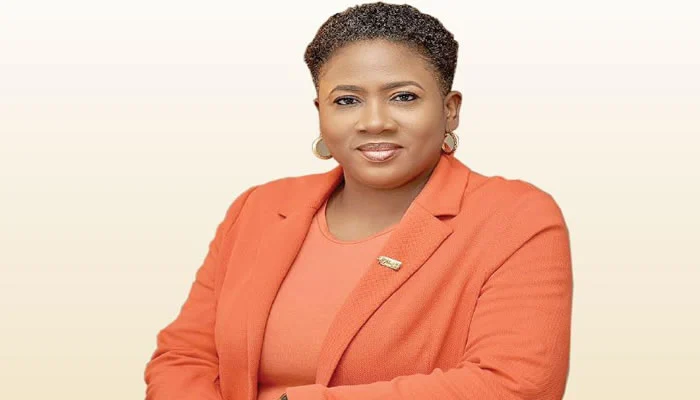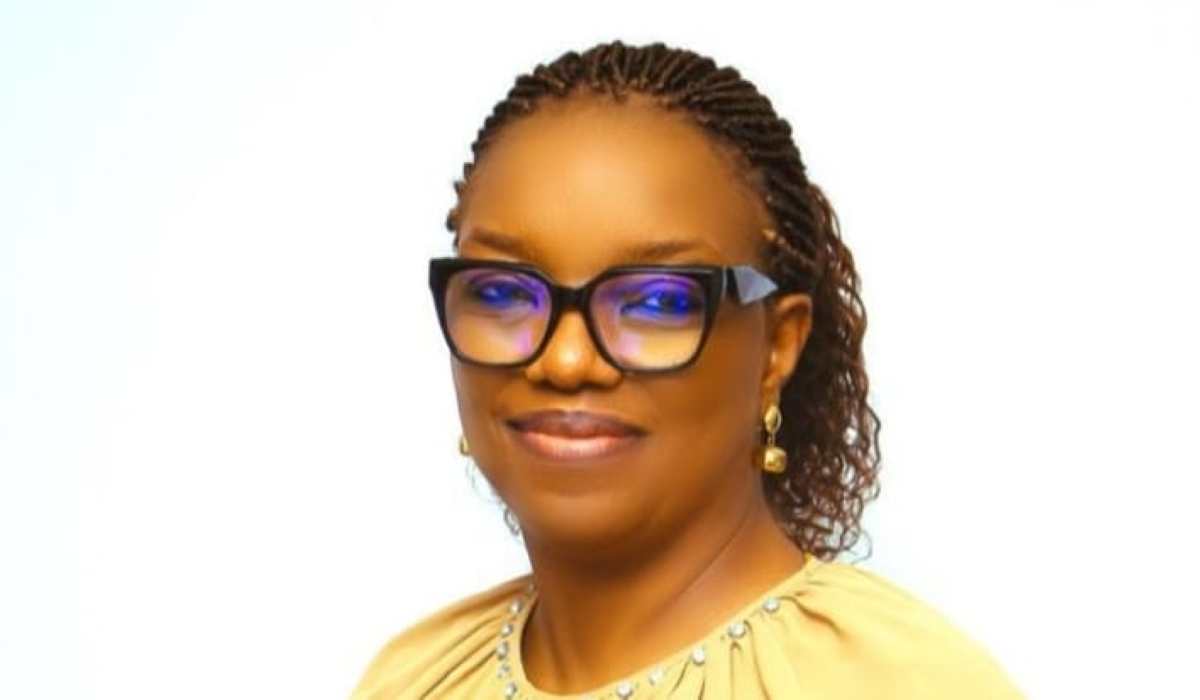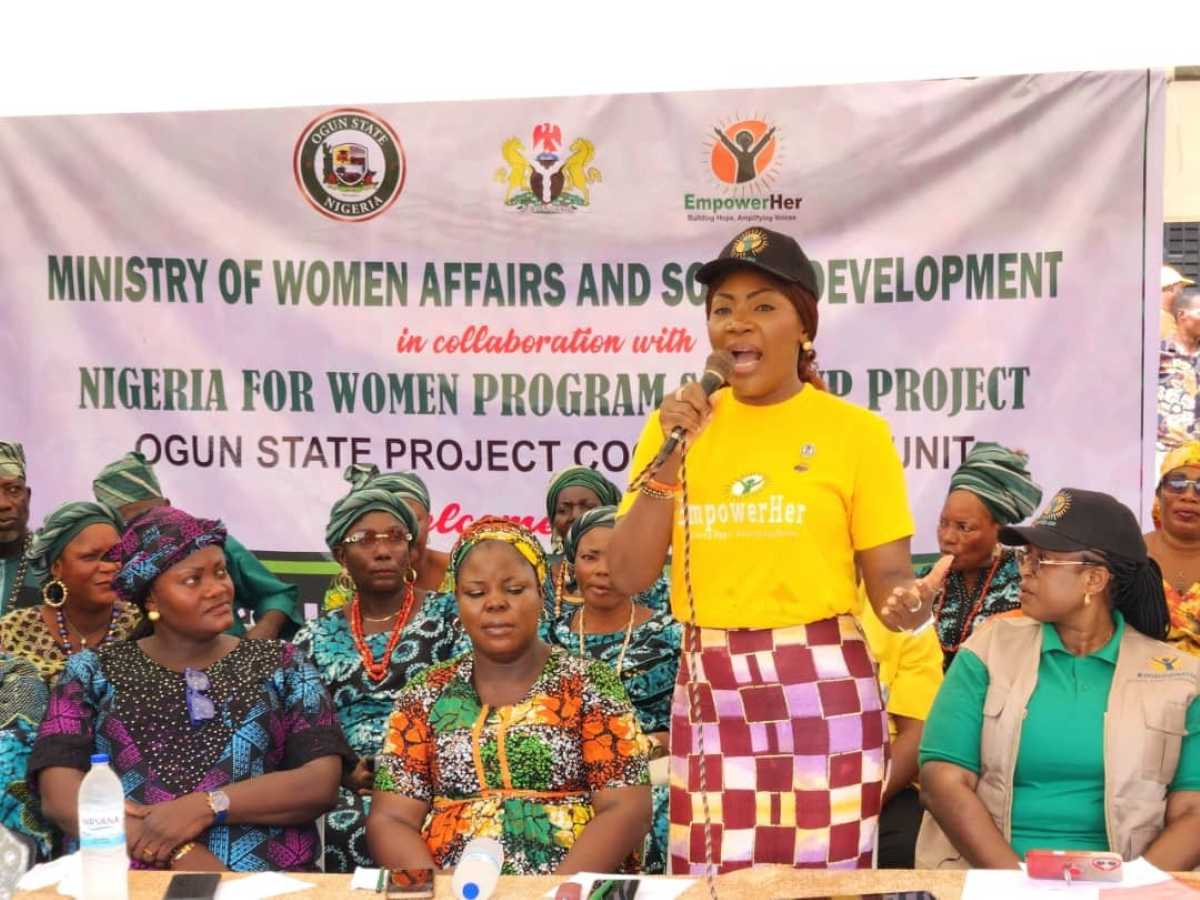
Recently, Nigeria’s Minister of Environment, Amina J. Mohammed solidified her new role as United Nation’s Deputy Secretary General. This comes seventeen years after the United Nations established Resolution 1325. This is the resolution that reaffirms women participation in preventing and resolving conflict, peace negotiations, and humanitarian response.
The reality is that women are largely excluded from formal peace processes. In 2016, women made up only 3,724 out of the 91,651 military experts and troops in all peacekeeping missions and women made up only 1,222 of the 12,628 individual police and formed police units.
This can be attributed to a lack of gender-sensitive recruitment and some shared cultural attitudes about women from peace-keeping contributing countries. But women are not just victims of war, they are agents of peace. There is a vital number of women needed, whether at the peace table or in parliaments, to introduce appropriate legislation and agreements for use in peacekeeping operations and here’s why:
Women have different experiences in conflict
Women suffer differently in conflict situations and have been called the chief sufferers of conflict and displacement as women are the ones who suffer through rape, other forms of gender-based violence (GBV) and its trauma, loss of husbands who are recruited/ captured/ killed, and have to initiate starting life again post-conflict, plus so much more.
The intricacies of gender roles that play out in everyday life, especially in rural communities, require a depth of insight in order for them to be advocated for appropriately in peace decision-making processes given that priorities of needs must be set.
Violence is experienced differently by different genders. GBV obviously occurs because of gender but also disproportionately to either men or women; and women offer a dynamic perspective on addressing it.
Women, men, girls and boys have different roles, needs, experiences, and contributions throughout the different stages of transition from conflict to post conflict. For example, it is more likely that women may become the sole providers for their families post-conflict as a single parent after husband is lost to war, and in post conflict, women are more active in informal sectors of the economy. This is why they must be fully represented in decision-making to ensure women are equipped with adequate tools for reintegration into society.
Sustainable and direct community engagement
According to the UN, women and girls invest 90% of their income into their families and communities. This interest for communities would feed into the development of national policy programs and budget strategies that would directly affect the lives of children, sustaining the future of peacekeeping efforts.
Apparent through trend evaluation, women tend to focus discussion on issues like human rights, justice, national reconciliation, and economic renewal, which are critical in making peace ad benefit the whole society yet are often overlooked in existing formal negotiations.
Improves communication with local women and girls in conflict situations
Women must be present to ascribe the resolutions to experiences unique to the female gender. For example, a woman who has overcome and survived an act of sexual violence (remember, 1 in 3 women have) or experiences the daily threat of sexual violence makes her privy to this form of psychological self- healing and is more likely to be able to communicate in policy, the trauma of sexual violence survivors in conflict situations.
On the ground, women in conflict situations open up more to women peacekeepers about the true issues occurring in the home and community during interviewing and counseling. Even more so, when speaking with interpreters, women in conflict relinquish the fear of holding back when speaking with female interpreters as opposed to male interpreters especially in oppressive male-dominated societies (for instance, when speaking about a sexual violence encounter) or in societies where women are prohibited from speaking to men.
Women peacekeepers also consider that which is left unsaid by inference of living the female experience, which broadens the skillset available within a peacekeeping mission.Women peacekeepers are able to help make the peacekeeping force approachable to women in the community, improving access and support for local women, especially ex-combatants. It is important that women are able to engage with systems such as the police, so it only makes sense that they must be in the police force. Women peacekeepers give vulnerable groups, such as women and children, a greater sense of security when present.
Curb incidences of sexual violence and impunity in peacekeeping missions
Last year, the Human Rights Watch reported that some members of the Nigerian Army, police, vigilante groups and camp leaders were responsible for the rape of young girls and women in various IDP camps in Borno State, Nigeria. As a response, the Nigerian police put in place a number of mechanisms, including the deployment of female police officers to IDP camps to check future occurrences after arrests were made.Having an adequate number of women in the missions helps to fight against impunity in addressing rights violations and supports redress of survivors of
violence against women and GBV.
Facilitates promotion of the rights of women/girls
Peacekeeping operations are encountered at the early stages of post-conflict reintegration processes, which is significant because it is also then that resources are distributed and laws are reformed which is a great window of opportunity to advance gender equality laws. For a nation challenged with streamlining gender equality, this would be a pivotal chance to transition into sustained gender equality.
This is not just a women’s issue and cannot be relegated to the borders of women’s rights. These are factors that impact the lives of men and children, equally. A lack of women in peace-building and peacekeeping undermines the goals of sustainable peace. When a critical contributor of the community is held back from playing a role in negotiations, planning and implementation, a large gap is left wide open for the continuation of the ailments present during conflict. It cuts to the heart of national security and the security of the lives of people everywhere.
[ad unit=2]






